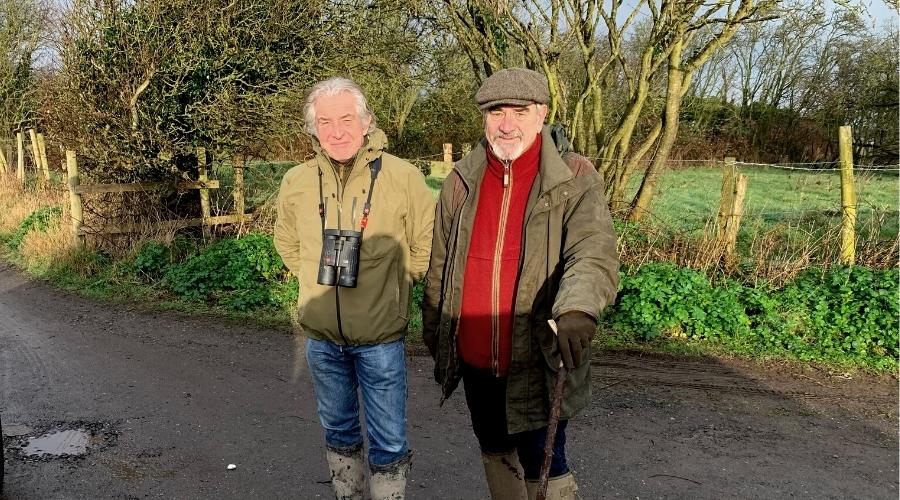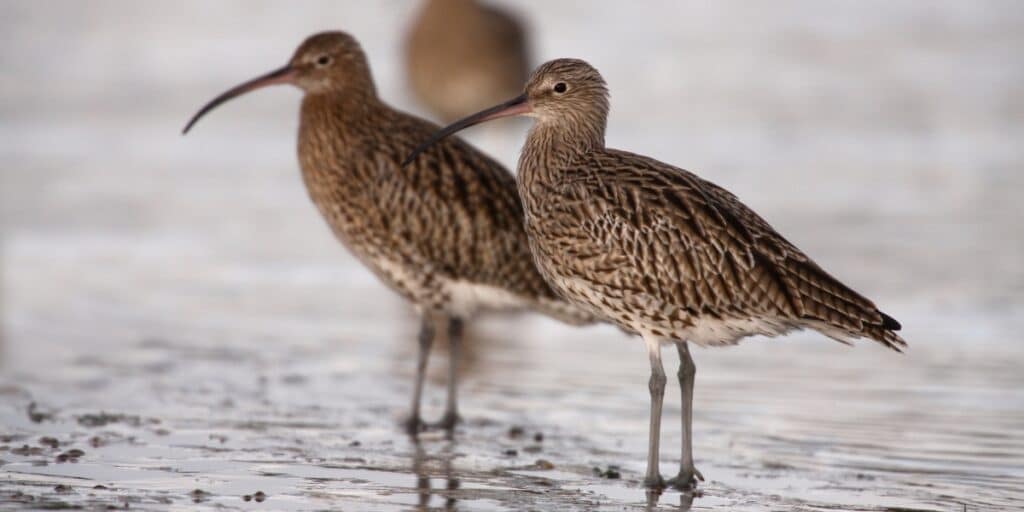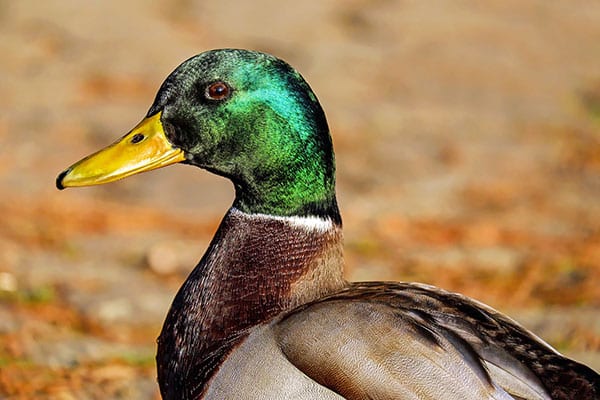
Enjoy wildfowling for as little as £7 a day
Whether you are a newcomer or an experienced wildfowler the new 2022/23 wildfowling permit scheme has plenty of opportunities for you.
Get information on the legal shooting season for mammals and birds in the UK.
Learn about our current conservation projects and how you can get involved.
Comprehensive information and advice from our specialist firearms team.
Everything you need to know about shotgun, rifle and airgun ammunition.
Find our up-to-date information, advice and links to government resources.
Everything you need to know on firearms law and licensing.
All the latest news and advice on general licences and how they affect you.

Tony Juniper, Chair of Natural England, saw first-hand the conservation credentials of wildfowling clubs when he visited the Lytham & District Wildfowling Association (LDWA) earlier this week.
Accompanied by members of BASC’s team, Tony took part in a conservation walk around the club’s land at the mouth of the Ribble Estuary in Lancashire.
Discussions during the visit included importance of wildfowling organisations and their role as the custodians of estuaries and marshes, alongside clubs’ relationships with Natural England and other conservation bodies.
A haven for overwintering birds
The exceptional habitat management demonstrated by the club was without doubt a highlight of the conservation walk. The marsh is a haven for overwintering birds, with a myriad of different species seen on the day, providing fantastic breeding habitat.
In a recent RSPB survey, the site was identified as holding the estuary’s highest population of breeding birds.
The LDWA has been commended previously by Natural England for their conservation efforts and Tony was quick to extend this praise personally: “It was excellent to see the conservation work being done by the Lytham Association, and to learn of their passion to protect this special place and its wonderful bird populations.”
“It was also very good to learn about the cooperation and common cause that exists between Natural England and wildfowlers here. I hope this example of good practice is something that we might replicate across the country as we go forward.”
Andy Lee, the marsh warden for LDWA, reinforced the ethos at Lytham, saying: “The club has been committed to conservation since its creation in 1954. It was fantastic to welcome Tony to the area and talk him through our efforts.”
Want to read more on wildfowling? Head to our dedicated pages here.

Whether you are a newcomer or an experienced wildfowler the new 2022/23 wildfowling permit scheme has plenty of opportunities for you.

The Lough Erne Wildfowler’s Council (LEWC) celebrated ten years their conservation work by organising a wader conservation conference.

BASC have called for a voluntary restraint of the shooting of wildfowl from the 6th January.
Sign up to our weekly newsletter and get all the latest updates straight to your inbox.
© 2023 British Association for Shooting and Conservation. Registered Office: Marford Mill, Rossett, Wrexham, LL12 0HL – Registered Society No: 28488R. BASC is a trading name of the British Association for Shooting and Conservation Limited which is authorised and regulated by the Financial Conduct Authority (FCA) under firm reference number 311937.
If you have any questions or complaints about your BASC membership insurance cover, please email us. More information about resolving complaints can be found on the FCA website or on the EU ODR platform.
This website uses cookies so that we can provide you with the best user experience possible. Cookie information is stored in your browser and performs functions such as recognising you when you return to our website and helping our team to understand which sections of the website you find most interesting and useful.
Strictly Necessary Cookie should be enabled at all times so that we can save your preferences for cookie settings.
If you disable this cookie, we will not be able to save your preferences. This means that every time you visit this website you will need to enable or disable cookies again.
This website uses Google Analytics to collect anonymous information such as the number of visitors to the site, and the most popular pages.
Keeping this cookie enabled helps us to improve our website.
Please enable Strictly Necessary Cookies first so that we can save your preferences!
More information about our Cookie Policy